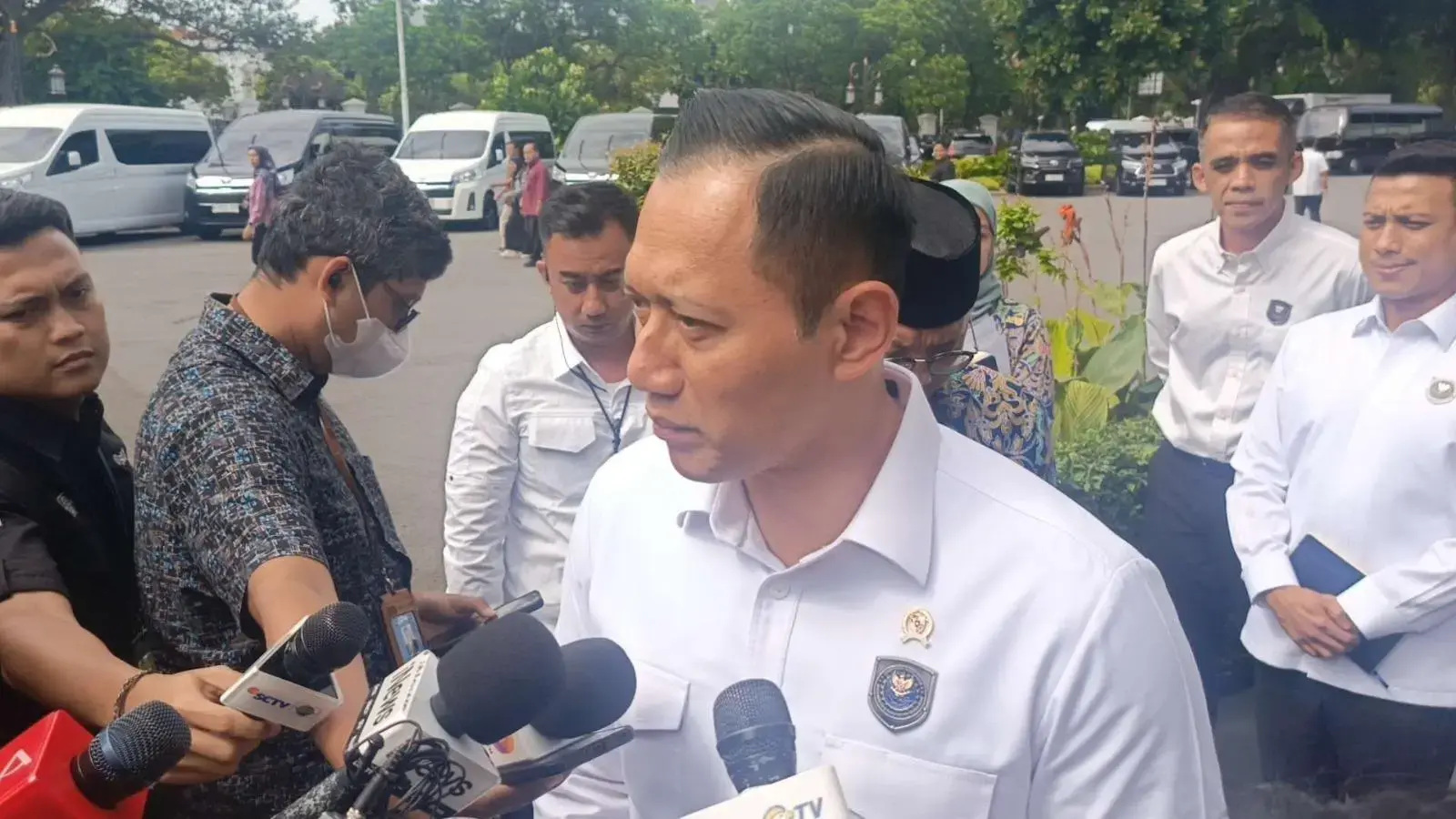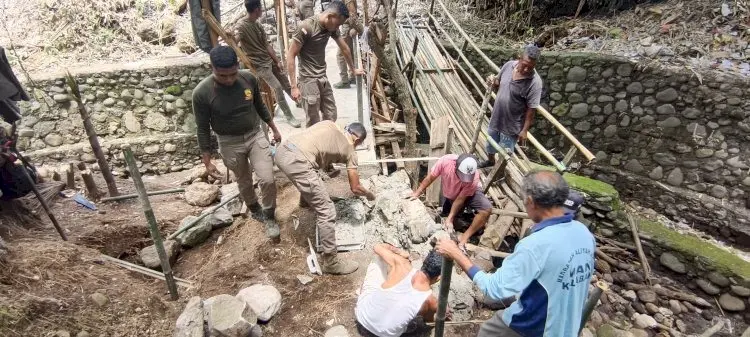inp.polri.go.id - Jakarta. The Ministry of Health has appealed to the public to be aware of puddles of water that potentially can be the breeding place of Aedes Aegypti mosquitoes, raising the risk of dengue fever (DBD/dengue) after the flood recedes.
"After the flood recedes, Dengue cases can spike incredibly due to the large number of puddles of water that become breeding grounds for Aedes Aegypti mosquitoes. This can be worsened if there is a lot of trash around," said the Director of Infectious Diseases at the Ministry of Health, Ina Agustina Isturini, as quoted by Antara, on Wednesday (3/12/2025).
Ina explained extreme climate change such as La Nina as a factor influencing the trend of dengue cases. Frequent rain and high humidity will increase the number of nests and the development of dengue-transmitting mosquitoes.
This condition could indicate that the risk of transmission is still ongoing, which if without emergency response improvements including awareness and vigilance of the entire community including recognizing dengue symptoms early.
He revealed that the trend of dengue in Indonesia in 2025 still follows the pattern of previous years, where at the end of the year and the beginning of the year until May, there tends to be an increase in cases.
The total number of dengue cases collected until March 4, 2025, was recorded at 15,802 cases with 73 deaths.
"This figure is included in the average category if we look at the trend of dengue cases in 2020-2025," said Director of Infectious Diseases Ina.
On this basis, Ina appealed to the public to be vigilant in anticipating diseases that could appear during or after floods.
In addition, she asked the public to be aware of skin diseases caused by unclean environments and injuries or wounds.
(ad/ndt/pr/nm)












